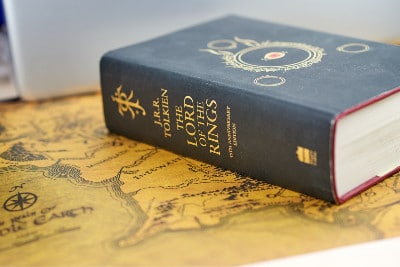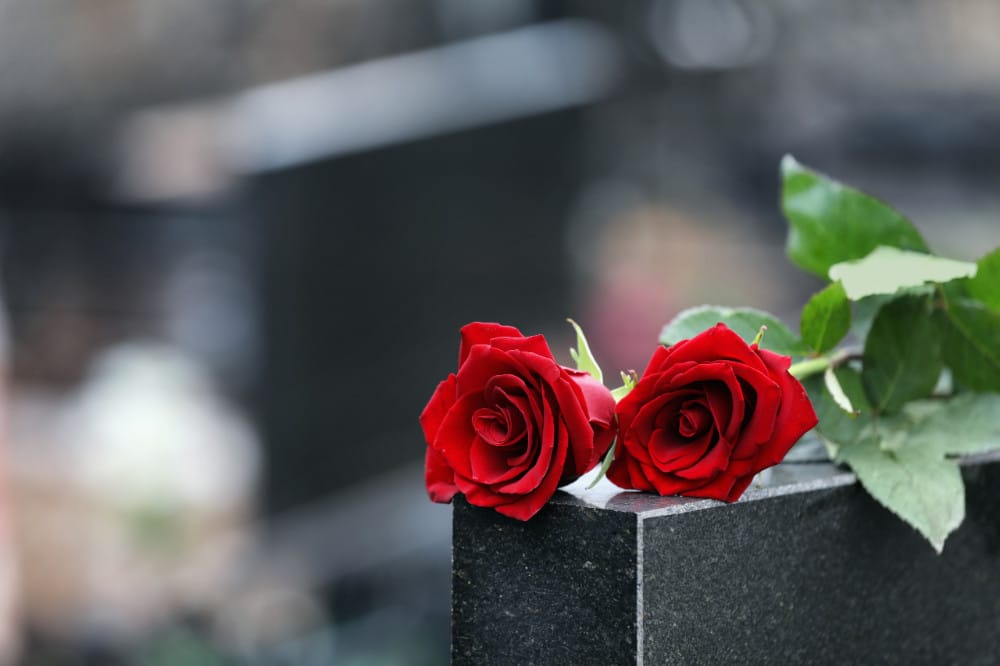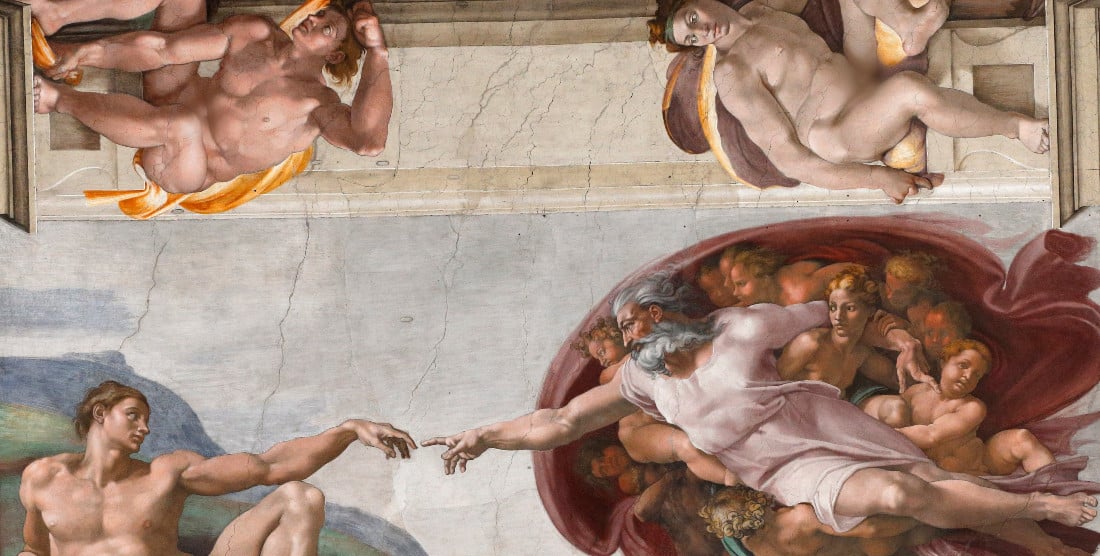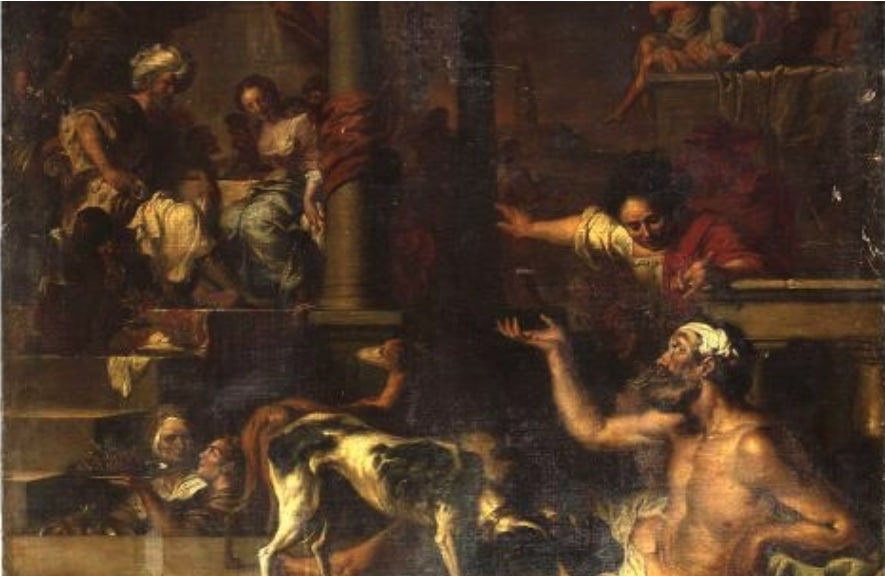Today, as I write, is the sixth anniversary of my sister’s death. Two years younger, and my only sibling, she’d gone to the ER six months before for a blood clot and found she had terminal cancer. I was with her most of those six months.
Karen died in hospice, just before the sun came up, about 10 hours after she went in. My wife and I kept vigil. It was time for her to go, her body so ravaged by the cancer and she feeling such pain, even with the drugs. I wrote about her death here.
C.S. Lewis called such a death “a severe mercy,” and it was, but I don’t think people who see those words always realize how ambiguous is such a mercy for those left behind. You see the mercy, but you also feel the severity, the pain of separation, of loss, and often guilt for things we did and things we failed to do.
It’s weird how that day, that very bad day, seems to be a long time ago and just yesterday, because I’ve adjusted to a world without her, and I haven’t. More now than last year and the year before, but not completely, probably never completely. When I’ve talked about this, friends who’ve also lost siblings say the same thing. We have a hole in our lives, in our world, that will never be completely filled.
In this sense, we live between Good Friday and Easter, like the apostles. They had lost their friend, the man who changed their lives. They’d never be the same. They’d never forget him. But he was gone. As obviously dead as a man can be.
We know they’d see him again. They didn’t. We know, in hope, that we will see our sister or brother again. But it doesn’t always feel like that, at least for me. In some of the moments I remember my sister, I only feel the loss. Good Friday, not Easter. But still, the Christian hope remains, not noticed but trusted, the way you trust gravity when you walk but don’t think about it.
Perhaps providentially, on the day we started preparing to put my sister into hospice, a friend posted on a Facebook item of mine a passage from the appendix of “The Lord of the Rings.” He did not know my sister was sick nor that I was with her.

Though set in a world without religion, Tolkien’s great book is an intensely Catholic story. By putting the Christian hope in another world, it helped me feel the reality of the next world and the hope there we will be reunited with our lost loved ones. I believed the Christian teaching, but standing by her dead, ravaged body, I couldn’t really feel it.
My friend sent part of the last dialogue between the Elvish Arwen and her husband, the man Aragorn, the king of Gondor, when he has decided it is time for him to die. The men of his ancient line have been given the gift of long life, but also, he says, “the grace to go at my will, and give back the gift. Now, therefore, I will sleep.”
Arwen had taken on mortality to marry him and wanted to live, and live with him. The gift of which she speaks is death: “But I say to you, King of the Númenoreans, not till now have I understood the tale of your people and their fall. As wicked fools I scorned them, but I pity them at last. For if this is indeed, as the Eldar say, the gift of the One to Men, it is bitter to receive.”
Aragorn replies: “So it seems. But let us not be overthrown at the final test, who of old renounced the Shadow and the Ring. In sorrow we must go, but not in despair. Behold! We are not bound for ever to the circles of the world, and beyond them is more than memory. Farewell!”
“We are not bound for ever to the circles of the world, and beyond them is more than memory.” That line comforted me.
Tolkien didn’t leave us with that hope alone. He suggests that we will get more than we hope for. Not just to see our loved ones again, but to see them perfected.
Aragorn then kissed Arwen’s hand, and died. “Then a great beauty was revealed in him, so that all who after came there looked on him in wonder; for they saw that the grace of his youth, and the valour of his manhood, and the wisdom and majesty of his age were blended together. And long there he lay, an image of the splendour of the Kings of Men in glory undimmed before the breaking of the world.”
That’s what I hope for Karen, to see her in glory undimmed.
David Mills writes from Pennsylvania.







